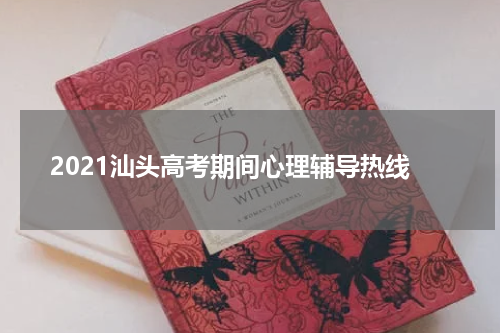《望岳》是唐代诗人杜甫创作的一首诗。全诗描述了杜甫站在高山之巅,远望着著名的岳阳楼,凝视着湖水和山脉的壮丽景色。则表明诗人对未来的期盼和对社会变革的思考。杜甫是唐代最伟大的现实主义诗人之一,他的诗歌常常表达了对人民苦难的同情以及对国家现状的批评。杜甫的诗作流淌着他对时局的关切,以及他对个体和集体命运的思考。总的来说,《望岳》通过描写山水景色和表达思念之情,传达了诗人对家国和社会不安的关切。

《望岳》是唐代诗人杜甫创作的一首诗。全诗描述了杜甫站在高山之巅,远望着著名的岳阳楼,凝视着湖水和山脉的壮丽景色。诗中表达了诗人对故乡的思念之情以及对国家状况的关切。
诗人通过描绘山川的壮丽景色,寄托了自己的感情和思念。他通过“遥知兄弟登高处,遍插茱萸少一人”的字句表达了对远在异地的亲友的思念之情,同时也表露了对动荡时期大唐国家现状的忧虑和痛心。最后一句“青天有月来几时?我今停杯一问之。”则表明诗人对未来的期盼和对社会变革的思考。
杜甫是唐代最伟大的现实主义诗人之一,他的诗歌常常表达了对人民苦难的同情以及对国家现状的批评。杜甫的诗作流淌着他对时局的关切,以及他对个体和集体命运的思考。他的诗句通常构思独特,视角独特,用词精炼,语言简练,形象生动。他的诗歌给后人留下了丰富的历史素材,被后世诗人广泛模仿和传承。
总的来说,《望岳》通过描写山水景色和表达思念之情,传达了诗人对家国和社会不安的关切。诗中通过对自然景色的描绘,将诗人自身的情感与外部环境完美融合,给人以深深的感受和思考。
以下为《望岳》的英文翻译:
Beyond the Yangtze River, there lies a tower,
Wreathed in mist, it is majestic and tall.
In the endless distance, the peaks rise high,
The setting sun cascades on the flowing water.
From afar, I picture my brothers ascending,
Red silk flowers adorn them, save one who is absent.
When will the bright moon shine in the blue sky?
Now, I pause my cup to ask this question.
Author's Biography:
Du Fu (712-770), also known as Du Gongbu, was a prominent Chinese poet during the Tang Dynasty. He is widely regarded as one of the greatest realist poets in Chinese literature. Du Fu's poems often express sympathy for the suffering of the people and criticism of the societal conditions during his time. His poetry is characterized by unique concepts, distinctive perspectives, concise language, and vivid imagery. Du Fu's works have provided abundant historical materials for future generations and have been widely imitated and inherited by later poets.










